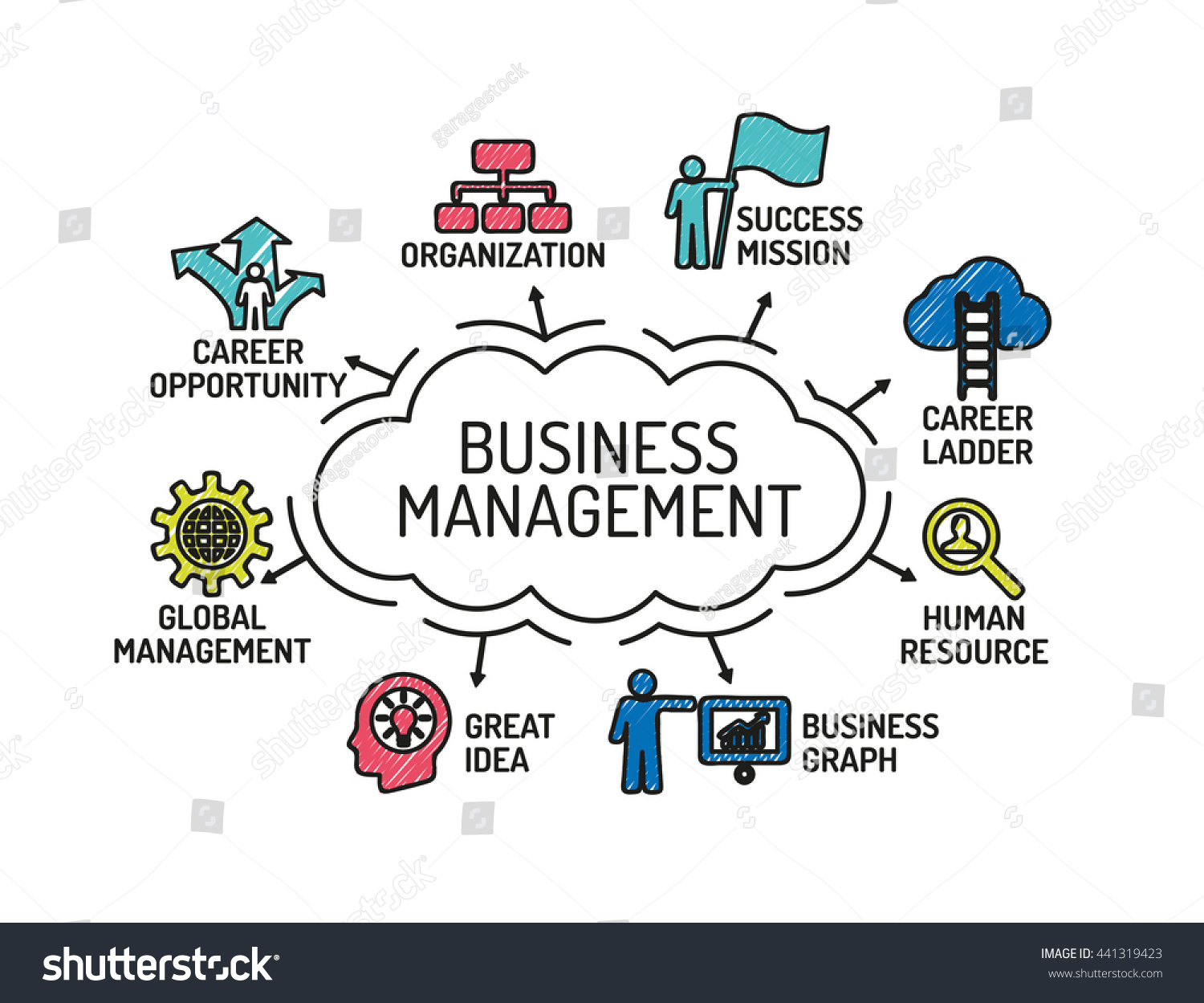IB DP- Business Management
The business management course, according to the subject brief, is designed to develop students’ knowledge and understanding of business management theories, as well as their ability to apply a range of tools and techniques. Students are taught to analyse, discuss and evaluate business activities at local, national and international level. The course tires to cover a range of organizations from all sectors, as well as the socio-cultural and economic contexts in which those organizations operate.
The course covers the key characteristics of business organization and environment, and the business functions of human resource management, finance and accounts, marketing and operations management. Through the exploration of six fundamental concepts (change, culture, ethics, globalisation, innovation and strategy), the course allows students to develop a holistic understanding of todays' complex and dynamic business environment. The conceptual learning is firmly rooted in business management theories, tools and techniques and realised in the context of real world examples and case studies. The course encourages students to appreciate the ethical concerns, at both a local and global level. It aims to develop relevant and transferable skills, such as-
- the ability to think critically
- make ethically sound and well-informed decisions
- appreciate the pace, nature and
- significance of change
- think strategically
- undertake long term planning, analysis and evaluation
The course also develops subject-specific skills, such as financial analysis.

Course Aims
The course aims of the business management course of HL & SL according to the study brief are as follows-
- Encourage a holistic view of the world of business
- Empower students to think critically and strategically about individual and organizational behaviour
- Promote the importance of exploring business issues from different cultural perspectives
- Enable the student to appreciate the nature and significance of change in a local, regional and global context
- Promote awareness of the importance of environmental, social and ethical factors in the actions of individuals and organizations
- Develop an understanding of the importance of innovation in a business environment.
Curriculum Model Overview
Unit 1: Business organization and environment
1.1 Introduction to business management
1.2 Types of organizations
1.3 Organizational objectives
1.4 Stakeholders
1.5 External environment
1.6 Growth and evolution
Recommended teaching hours- 40/SL
1.7 Organizational planning tools
Recommended teaching hours- 50/HL
Unit 2: Human resource management
2.1 Functions and evolution of human
resource management
2.2 Organizational structure
2.3 Leadership and management
2.4 Motivation
Recommended teaching hours- 15/SL,
2.5 Organizational (corporate) culture
2.6 Industrial/employee relations
Recommended teaching hours- 30/HL
Unit 3: Finance and accounts
3.1 Sources of finance
3.2 Costs and revenues
3.3 Break-even analysis
3.4 Final accounts (some HL only)
3.5 Profitability and liquidity ratio analysis
3.6 Cash flow
3.7 Investment appraisal (some HL only)
Recommended teaching hours- 35/SL
3.8 Investment appraisal
3.9 Budgets
Recommended teaching hours- 50/HL
Unit 4: Marketing
4.1 The role of marketing
4.2 Marketing planning (including introduction to the four Ps)
4.3 Market research
4.4 The four Ps (product, price, promotion,
place)
4.5 E-commerce
Recommended teaching hours- 35/SL
4.6 The extended marketing mix of seven Ps
4.7 International marketing
4.8 E-commerce
Recommended teaching hours- 50/HL
Unit 5: Operations management
5.1 The role of operations management
5.2 Production methods
5.3 Location
Recommended teaching hours- 10/SL
5.4 Lean production and quality management
5.5 Production planning
5.6 Research and development
5.7 Crisis management and contingency planning
Recommended teaching hours- 30/HL
Internal assessment
Recommended teaching hours- 15/SL, 30/HL

Assessment Model
By the end of the business management course, students are expected to reach the following assessment objectives.
-
Demonstrate knowledge and understanding of:
• the business management tools, techniques and theories specified in the syllabus content
• the six concepts that underpin the subject
• real-world business problems, issues and decisions -
Demonstrate application and analysis of:
• knowledge and skills to a variety of real-world and fictional business situations
• business decisions by explaining the issue(s) at stake, selecting and interpreting data, and applying appropriate tools, techniques, theories and concepts -
Demonstrate synthesis and evaluation of:
• business strategies and practices, showing evidence of critical thinking
• business decisions, formulating recommendations -
Demonstrate a variety of appropriate skills to:
• produce well-structured written material using business terminology
• select and use quantitative and qualitative business tools, techniques and methods
• select and use business material, from a range of primary and secondary sources.
Want to improve your grades? Request for one to one online tutoring at Vidyalai.com with the best IB teachers. 100% money back guarantee. Request your first lesson now!